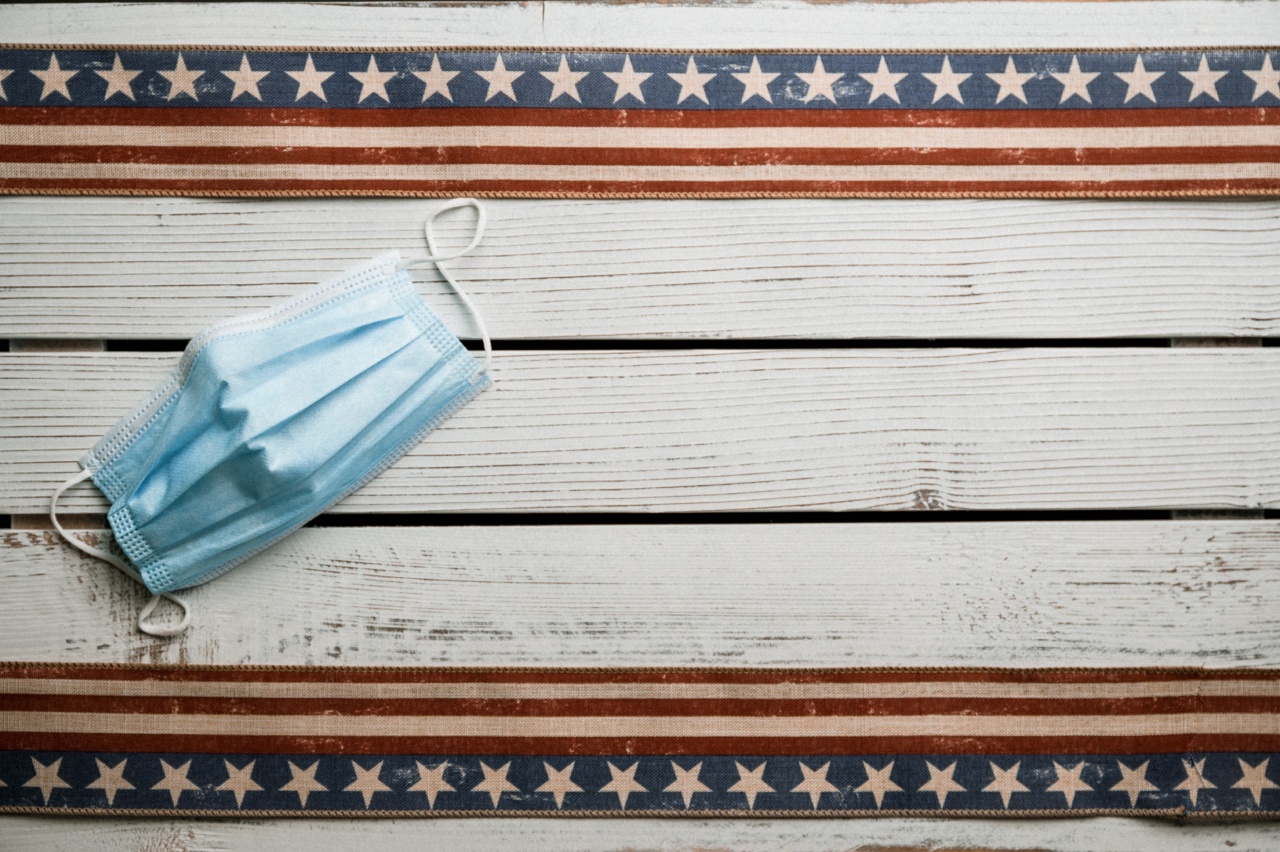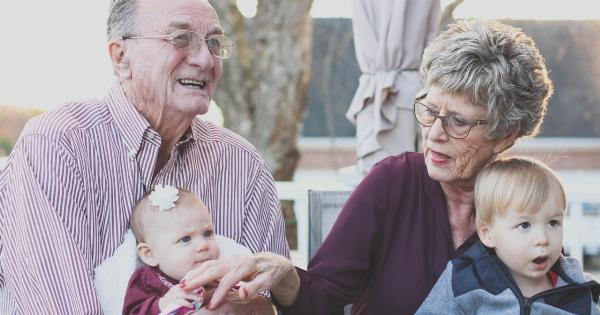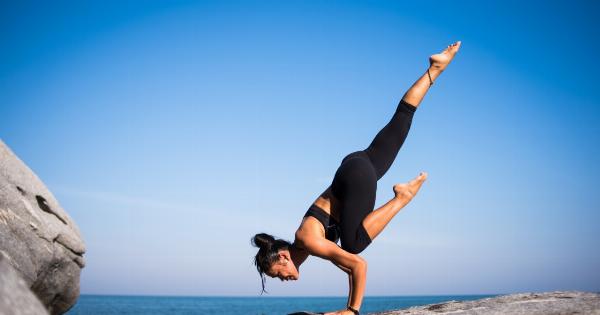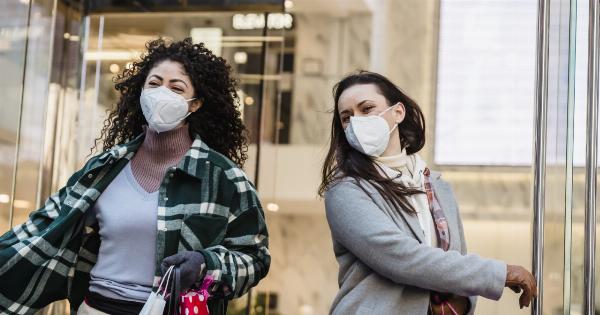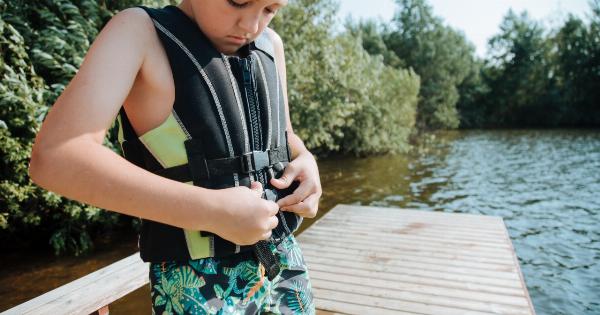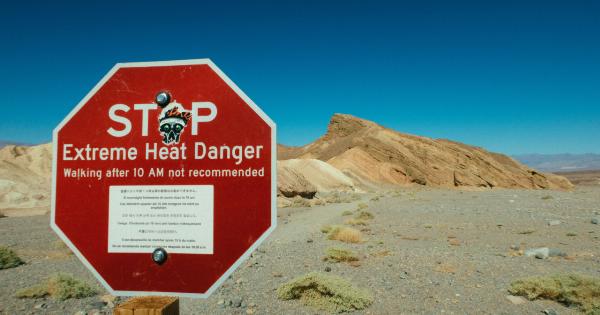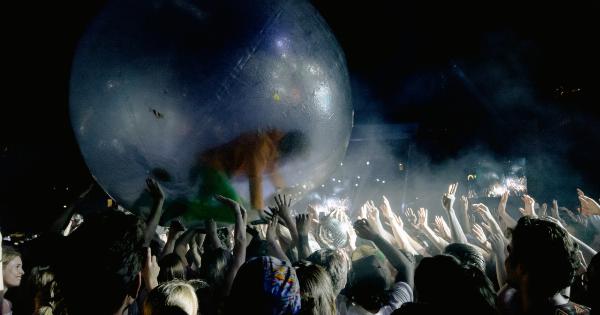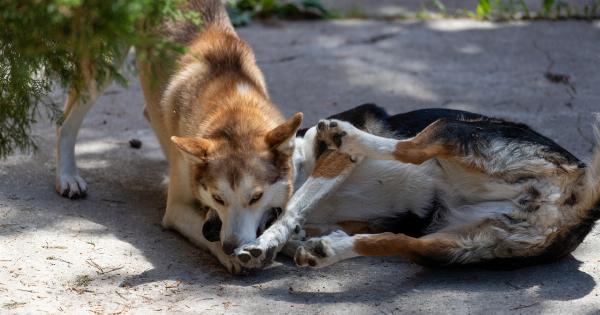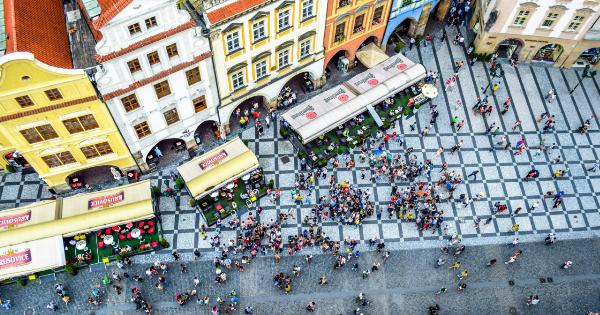Holidays are a time for joy and relaxation, but they can also be filled with stress and danger.
Whether you’re traveling to a new destination or staying close to home, it’s important to follow safety precautions to ensure a happy and memorable holiday season. Here are 30 safety tips to keep in mind to have a stress-free holiday:.
1. Plan Ahead
Whether you’re traveling or staying at home, plan ahead for your holiday activities. Make a list of the places you want to visit, the things you want to do, and the people you want to see.
This will help you stay organized and avoid last-minute rushes that can lead to accidents.
2. Stay Alert
Stay alert at all times, especially when visiting crowded places. Be aware of your surroundings and take note of any potential dangers, such as open manholes, slick floors, or uneven sidewalks.
3. Secure Your Home
If you’re leaving your home unattended, make sure you secure it properly. Lock all doors and windows, set the alarm if you have one, and ask a trusted neighbor to keep an eye on your place.
4. Keep Valuables Safe
Keep your valuables, such as jewelry or laptops, in a secure place like a safe or a locked cabinet. Avoid carrying large amounts of cash or credit cards in your wallet.
5. Protect Your Personal Information
Be careful when giving out personal information, especially when traveling. Keep your passport, tickets, and other important documents in a safe place, and avoid sharing your personal information in public.
6. Be Careful When Using Public Wi-Fi
If you’re using public Wi-Fi, avoid accessing sensitive information such as bank accounts or email. Hackers can easily intercept and steal your sensitive data.
7. Don’t Drink and Drive
Don’t drink and drive. If you’re planning to drink, make sure you have a designated driver or use a ride-sharing service.
8. Always Wear Your Seatbelt
Always wear your seatbelt when driving or riding in a car. This can greatly reduce the risk of injury in case of an accident.
9. Avoid Walking Alone at Night
Avoid walking alone at night, especially in unfamiliar areas. If you have to walk, stay in well-lit areas and carry a flashlight or use the flashlight on your phone.
10. Keep In Touch With Family and Friends
Stay in touch with your family and friends during the holiday season, especially if you’re traveling. Let them know where you are and check-in regularly.
11. Watch Your Step
Watch your step, especially when walking on icy or wet surfaces. Wear shoes with good traction and use handrails when available.
12. Stay Hydrated
Stay hydrated, especially when traveling. Carry a refillable water bottle with you and avoid drinking tap water in countries where it’s not safe to do so.
13. Avoid Crowded Places
Avoid crowded places if possible, especially during peak holiday periods. If you have to visit a crowded place, be prepared for long lines and be patient.
14. Keep Children Safe
Keep children safe by keeping an eye on them at all times. If you’re traveling, make sure they have identification, such as a bracelet or an ID card.
15. Be Aware of Scams
Be aware of scams, especially when traveling to tourist destinations. Avoid buying products from street vendors and be wary of offers that seem too good to be true.
16. Protect Yourself From the Sun
Protect yourself from the sun by wearing a hat, sunscreen, and sunglasses. Avoid being in direct sunlight during midday hours, when the sun is the strongest.
17. Check Your Medications
Check your medications before traveling, especially if you’re going to a different time zone. If you’re traveling abroad, make sure you have enough medication to last your entire trip.
18. Don’t Leave Your Luggage Unattended
Don’t leave your luggage unattended, especially in public areas. Keep your bags with you at all times and avoid storing valuables in checked luggage.
19. Eat and Drink Safely
Eat and drink safely by avoiding food and water that may be contaminated. Stick to bottled water and avoid raw or undercooked food.
20. Know Your Surroundings
Know your surroundings when traveling to new places. Familiarize yourself with the location of emergency services, such as hospitals and police stations.
21. Avoid Dangerous Activities
Avoid dangerous activities, such as extreme sports or risky behavior. Stick to safe and family-friendly activities that you enjoy.
22. Carry First-Aid Supplies
Carry first-aid supplies with you, such as bandages and antiseptic wipes. This can come in handy in case of minor injuries.
23. Drive Safely
Drive safely and follow traffic rules. If you’re driving in a foreign country, familiarize yourself with local driving laws.
24. Know Your Limitations
Know your limitations and don’t push yourself too hard. Take breaks when needed and listen to your body.
25. Take Precautions Against Insects
Take precautions against insects, especially mosquitoes. Use insect repellent and wear long-sleeved shirts and pants to protect yourself from insect bites.
26. Stay Informed
Stay informed about local news and alerts, especially if you’re traveling to a destination that may be prone to natural disasters or political unrest.
27. Keep Emergency Contacts Handy
Keep emergency contacts handy, such as the number for local emergency services or your embassy.
28. Avoid Overpacking
Avoid overpacking, especially if you’re traveling long distances. Pack only what you need and leave room for souvenirs and gifts.
29. Avoid Loud Noises
Avoid loud noises that may damage your hearing, such as fireworks or concerts. Wear earplugs or move away from loud sources of noise.
30. Take Time to Relax
Take time to relax and enjoy the holiday season. Don’t stress yourself out by trying to do too much. Take a break from the hustle and bustle and enjoy some downtime.
